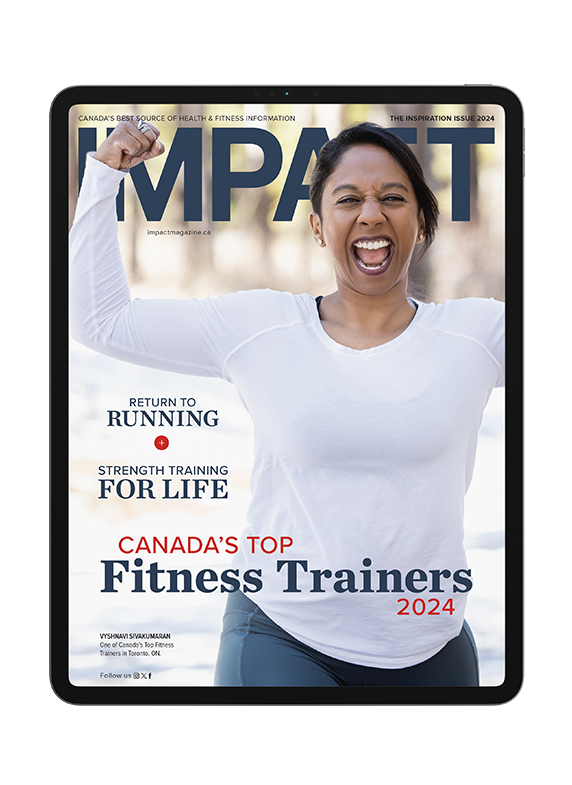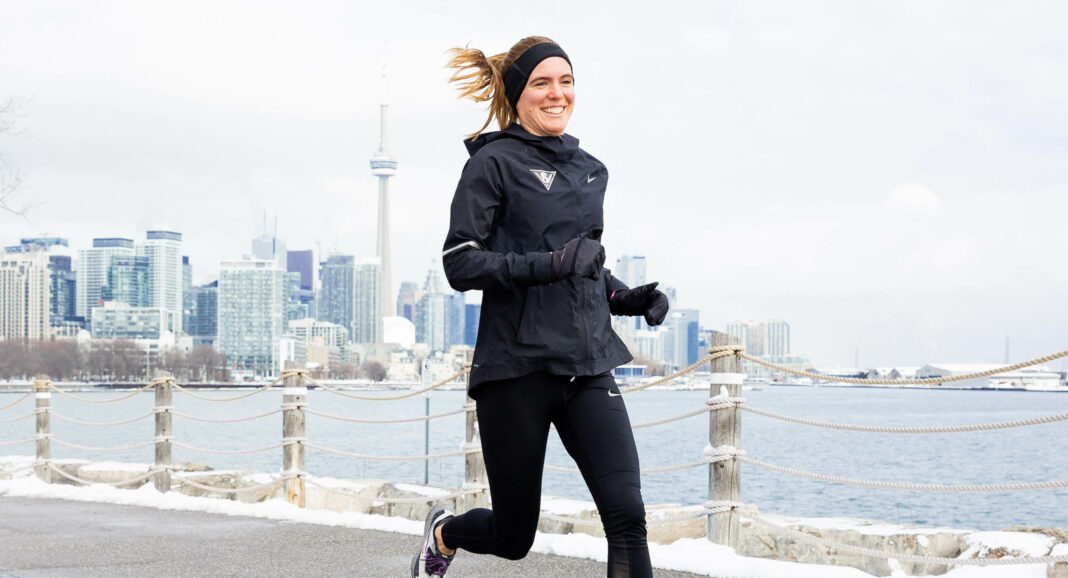Tis the season for colds and viruses to spread with ease, and unfortunately that may mean spending time resting rather than clocking your usual weekly mileage. No one likes being forced to miss training days due to illness, but sometimes it’s the smartest thing you can do. When illness strikes, it’s important to be smart about your training and have a plan for returning safely. Here’s how to do it.
But First, Health
The first thing you’ll need to do is get healthy. You cannot outrun a cold/flu/covid, so don’t try. Let yourself take the time needed to rest and recover, so you can get back to your best training self. It’s better to take a few days off than to prolong the illness, and, in turn, disrupt more of your training. And if you’re experiencing shortness of breath, fatigue or a deep cough, these are all signs that you’re decidedly not ready to return.
Cold Buster: Allicin
Allicin is the phytonutrient found within garlic that has antiviral, antibacterial, antifungal and antiprotozoal activity. So go ahead, add another clove to dinner.
Testing Ground
It can be challenging to know when you’re really ready to return to your usual training schedule after illness, but putting a few tests in place can help you decide. First, make an honest assessment of how you feel. If you’re at all on the fence or feeling guilty for taking a few days off, you might not yet be fully prepared to run. If you are indeed feeling up to it, then test yourself by running for 10 minutes. If your symptoms get worse, stop. If you start feeling energized, you’re probably okay to continue. This does not mean you should jump right into a long run or full workout. Instead, do up to 30 minutes easy as a test. Be sure to monitor how you feel after the fact, to see if symptoms worsen after or if you have trouble recovering. It may mean you need a little more time off.
Easy Does It
Once you have passed this test, do not jump back into your regular training schedule. The first few runs should be shorter and easier than normal as you are still in recovery mode. The time off was worth nothing if you come back too aggressively and go backwards, so resist the urge. Lastly, as tempting as it may be, do not try to make up for the lost training by doing extra. Overtraining is dangerous, even when fully healthy. Move forward from where you are, and your fitness will come back faster than you think. If you work with a coach, discuss with them how to best alter your training plan to effectively get back into peak condition.
Whole Health
In addition to having a solid approach to getting back on the road, it’s equally important to put some deeper focus on sleep, hydration and nutrition. Here are some tips to get healthy as quickly as possible.
Don’t skimp on nutrition
You may be tempted to eat less when taking time off, or you may not have the same appetite as when fully healthy. The truth is, your body needs adequate nutrition to get back to optimal health. Incorporate foods that are naturally hydrating and full of nutrients that help with illness such as vitamin C and zinc. Try citrus fruits, cruciferous vegetables, lentils and tofu.
Get the best rest possible
Sleeping while sick can be difficult, so take any opportunity you can to get some shut-eye. If you are having trouble sleeping deeply, it may be worthwhile to use a natural sleep aid to make the most out of your nightly rest, but speak to your health care provider before trying any new supplements or medications.
Don’t forget supplements
Speaking of supplements, now is not the time to “forget” to take them. Some over-the-counter supplements that have shown improvements in immune function, resistance to illness and recovery time include vitamin C, vitamin D, and zinc.
Photography by Koray Salih
You may also like: Injury Prevention Tips

Read This Story in Our 2024 Inspiration Issue
Read about our 2024 Canada’s Top Fitness Trainers – our top 30 from across Canada! How to Hire a Personal Trainer, The Dangers of Overtraining, Return to Running After Illness, Easy Vegan Garlic Noodles and more!
















